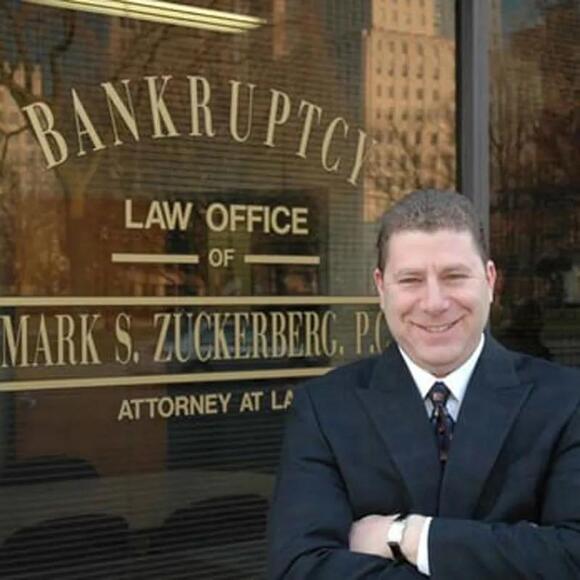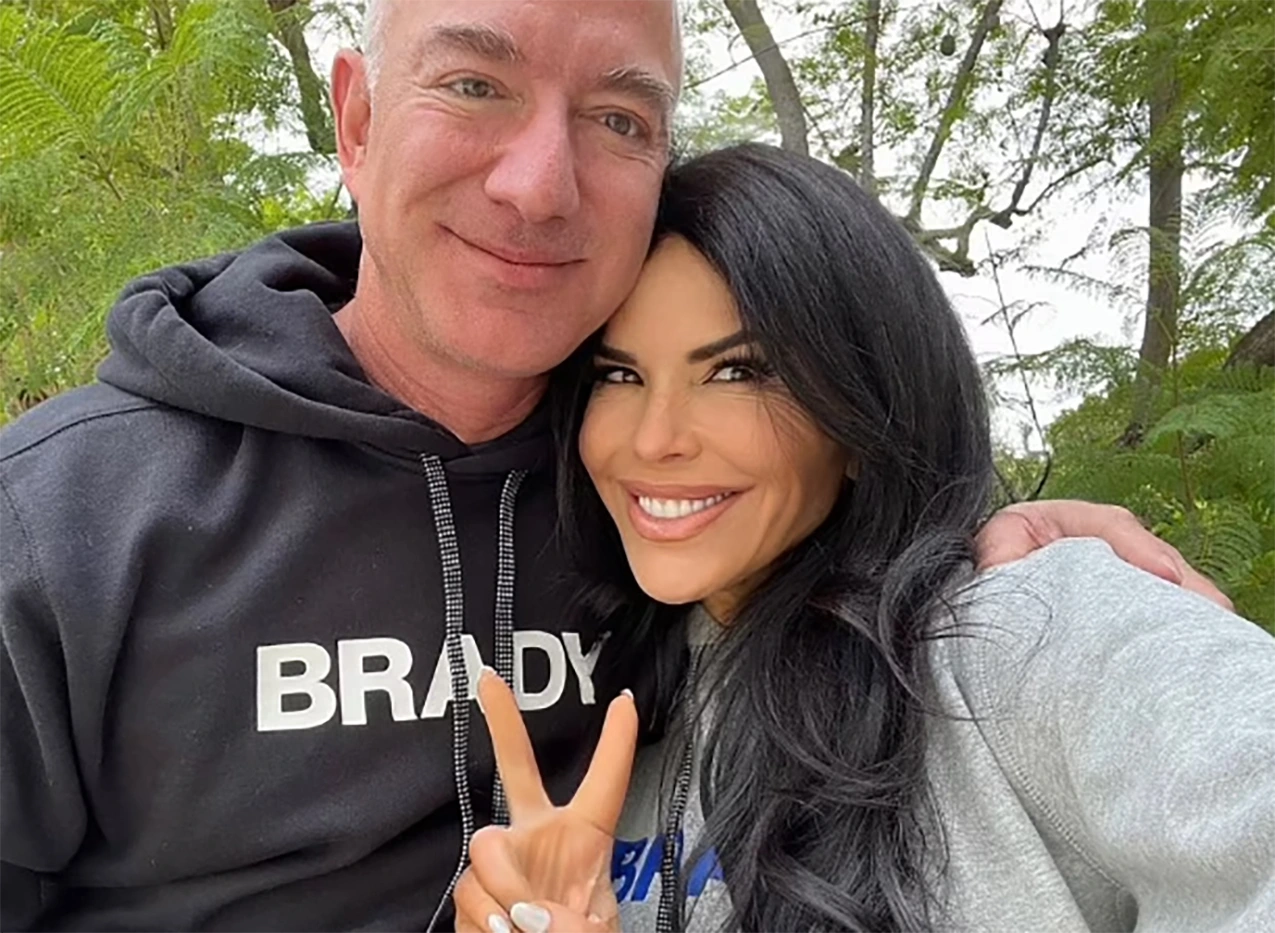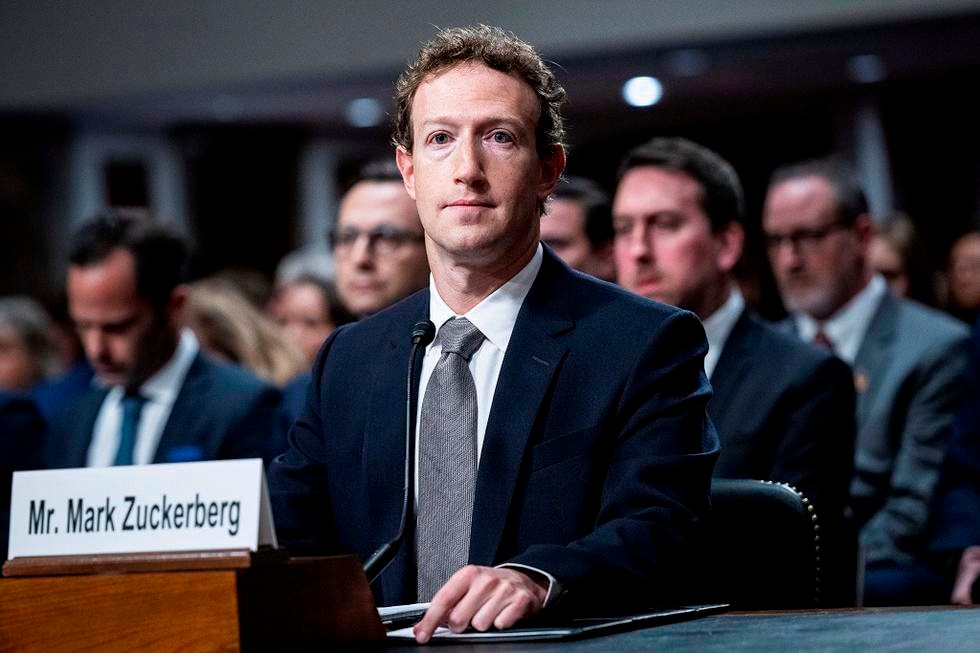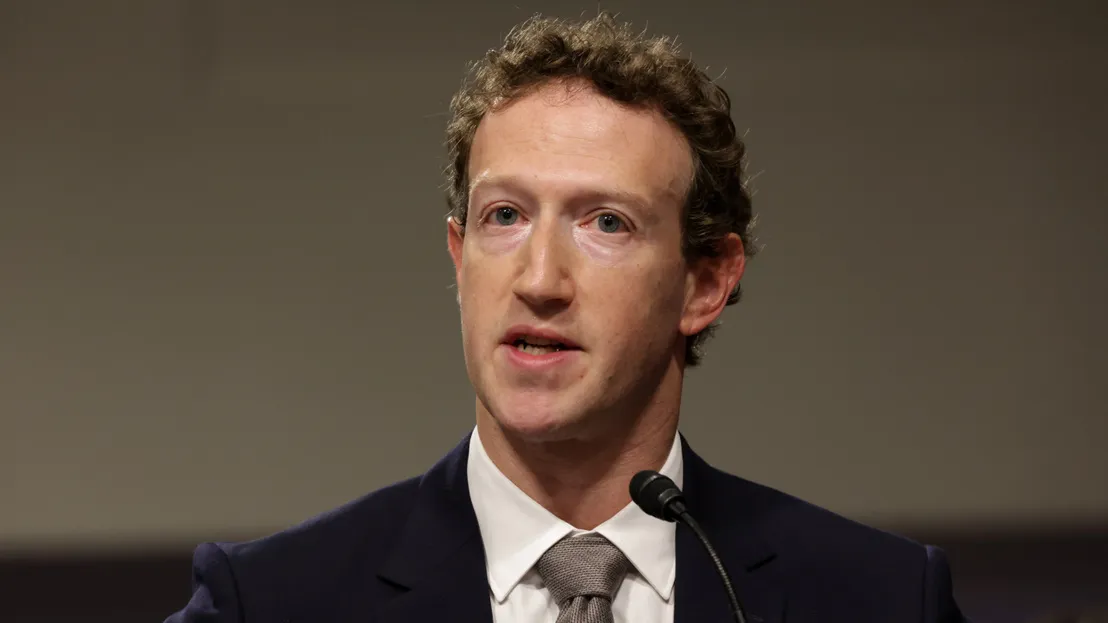
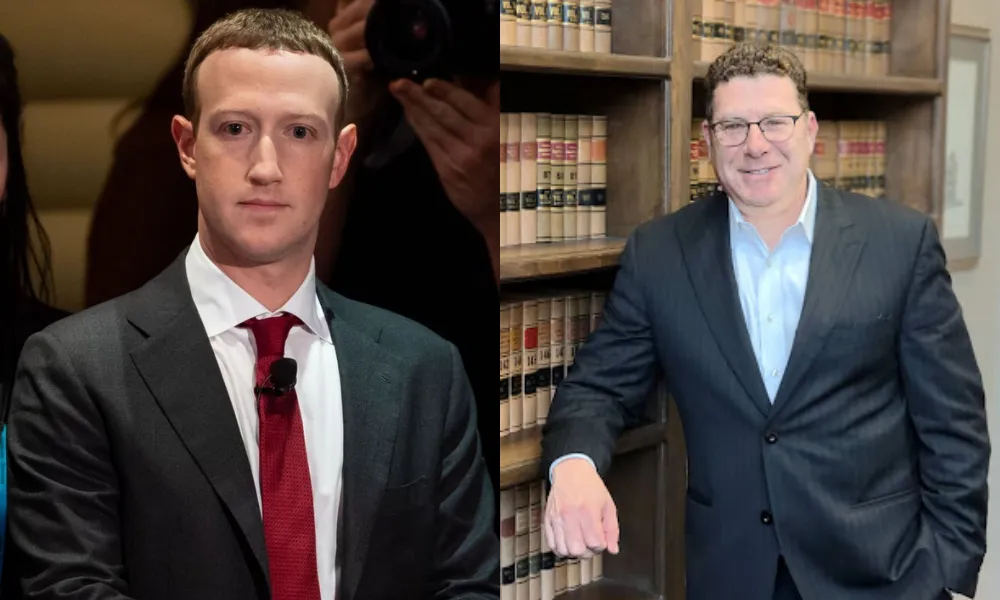
Unreal Drama: Mark Zuckerberg ‘Fake or Real’ Sues Meta as Fans Joke About Voting Him to the Chicken Coop
In one of the most bizarre tech dramas to surface in recent memory, a swirl of confusion, parody, and legal chatter has surrounded the name of Mark Zuckerberg, the CEO of Meta. According to a wave of viral posts, a “Mark Zuckerberg”—described by some as a “fake version” or a satirical double—has supposedly filed a lawsuit against Meta itself. While the story is still wrapped in layers of speculation and internet humor, what’s undeniable is that fans have seized the moment, flooding social media with memes, jokes, and outrageous theories. Some have even gone so far as to suggest that Zuckerberg be “voted into the chicken coop,” turning the entire episode into a surreal mix of corporate intrigue and comedic spectacle.
The Origins of the Confusion
At the heart of this drama is the strange intersection of legal claims and internet parody culture. Reports began circulating that an entity—or person—claiming to be “Mark Zuckerberg” was attempting to challenge Meta in court. Immediately, speculation erupted: was this a real legal filing? Was it a stunt? Was it a satirical act meant to highlight broader concerns about identity, AI, and the blurred boundaries between digital reality and the physical world?
Fans quickly pointed out that even if there were a legitimate legal dispute, the headline itself—“Zuckerberg sues Meta”—sounds inherently contradictory. After all, Mark Zuckerberg is synonymous with Meta. To imagine him suing his own empire created instant comedic fuel for meme creators.
Memes, Jokes, and the Chicken Coop
It didn’t take long before the online conversation veered into full-blown comedy. The phrase “vote him into the chicken coop” began trending on X (formerly Twitter), TikTok, and Instagram, with users joking that if Zuckerberg was going to fight himself in court, the public should treat it like a game show and send the loser to live among the chickens.
One meme depicted a split-screen of two Zuckerbergs—one in a suit, one in casual clothes—debating who gets to keep Meta. Another viral TikTok used AI voice filters to simulate “Zuckerberg vs. Zuckerberg” courtroom banter, ending with a judge sentencing one version of the CEO to “poultry confinement.”
This surreal imagery captured the internet’s imagination, blending satire with real concerns about the future of identity in an AI-driven era.
The AI Angle: Is ‘Fake Zuckerberg’ a Symbol?
Some analysts and fans believe the “fake or real” Zuckerberg drama is more than just a joke. They argue it reflects growing unease about AI clones, deepfakes, and digital identity theft. In recent months, fake AI-generated images and voices of celebrities—including politicians, pop stars, and tech moguls—have gone viral, often blurring the line between reality and fabrication.
Could the idea of a “fake Zuckerberg” suing Meta itself be a symbolic exaggeration of the dangers? After all, Meta is one of the leading companies developing AI systems capable of creating hyper-realistic simulations. The lawsuit narrative—whether fact or parody—fits perfectly into broader public anxieties about what happens when our digital doubles gain more presence than ourselves.
Fans Take It as Comedy Gold
Despite the seriousness of the implications, most fans have leaned into the humor. TikTok edits show Zuckerberg’s robotic mannerisms compared to chickens, captions like “jury of 12 hens” trending across meme pages, and hashtags such as #ChickenZuck and #ZuckVsZuck going viral.
On Reddit, threads debated what “version” of Zuckerberg fans would support in the hypothetical trial. Some argued for “Real Zuckerberg” as the protector of tech empire stability, while others rooted for “Fake Zuckerberg” as a folk hero symbolizing rebellion against Big Tech.
One particularly popular comment read: “If Fake Zuckerberg wins, does that mean Meta has to pay Meta? Or does he get a lifetime supply of eggs?”
Meta’s Silence—Calculated or Comedic?
So far, Meta has not issued any official statement addressing the viral narrative. This silence has only fueled speculation. Some fans think Meta is intentionally ignoring the story to avoid giving it legitimacy, while others believe the company may be enjoying the free publicity. After all, Meta has been known to lean into meme culture when it serves its interests.
Could it be possible that Meta itself might turn the “fake or real” drama into a marketing strategy? Stranger things have happened in Silicon Valley, where tech moguls often blend performance, spectacle, and innovation into their brand identities.
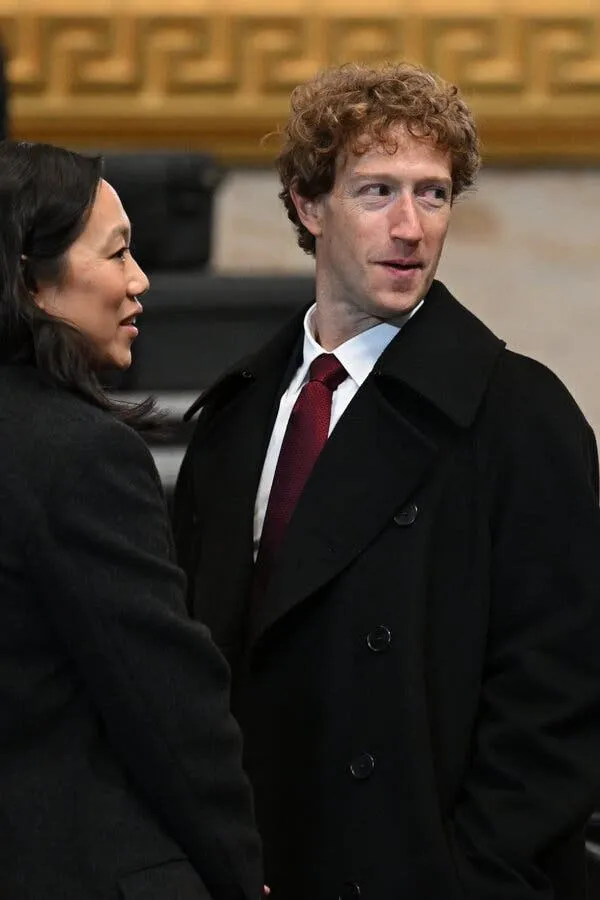
Beyond the Jokes: What It Says About Public Perception
At its core, the “Fake or Real Zuckerberg suing Meta” narrative reveals something deeper about how the public sees Mark Zuckerberg. For many, he is not just a CEO but a cultural symbol—of both technological progress and the fears that come with it. His robotic speaking style, calculated image, and association with massive wealth make him an easy target for satire.
The chicken coop imagery takes this satire to its extreme: a billionaire CEO reduced to barnyard absurdity. The fact that fans rallied around this joke with such enthusiasm shows how eager people are to use humor as a coping mechanism for the anxieties caused by Big Tech dominance.
The Trial That Never Was—but Lives On Online
While there is no concrete evidence of an actual legal showdown between “Mark Zuckerberg” and Meta, the internet has already immortalized the event as if it were real. Edits of mock court sketches, fanfiction-style posts of the trial proceedings, and fake headlines continue to circulate, blurring the line between fact and parody.
It’s unlikely we will ever see Zuckerberg in a chicken coop, but the image has already left its mark on pop culture. Whether intentional satire, AI-driven confusion, or just a viral meme gone wild, the drama shows how quickly narratives evolve in the digital age—and how difficult it has become to separate reality from performance.
Conclusion: A Surreal Reflection of Our Times
The saga of “Mark Zuckerberg sues Meta—fake or real” may never be fully clarified, but it has already achieved something remarkable: it turned the tech world’s most powerful CEO into the star of a meme-fueled mock trial that captivated millions. Fans have laughed, joked, and speculated, with the idea of sending Zuckerberg to a chicken coop standing out as the ultimate internet punchline.
Whether this moment fades as a temporary meme or evolves into a lasting symbol of AI-driven identity crises, it highlights one truth: in today’s digital culture, even the most serious figures can be swept into absurdity. And sometimes, absurdity tells us more about society’s fears and frustrations than any courtroom ever could.








